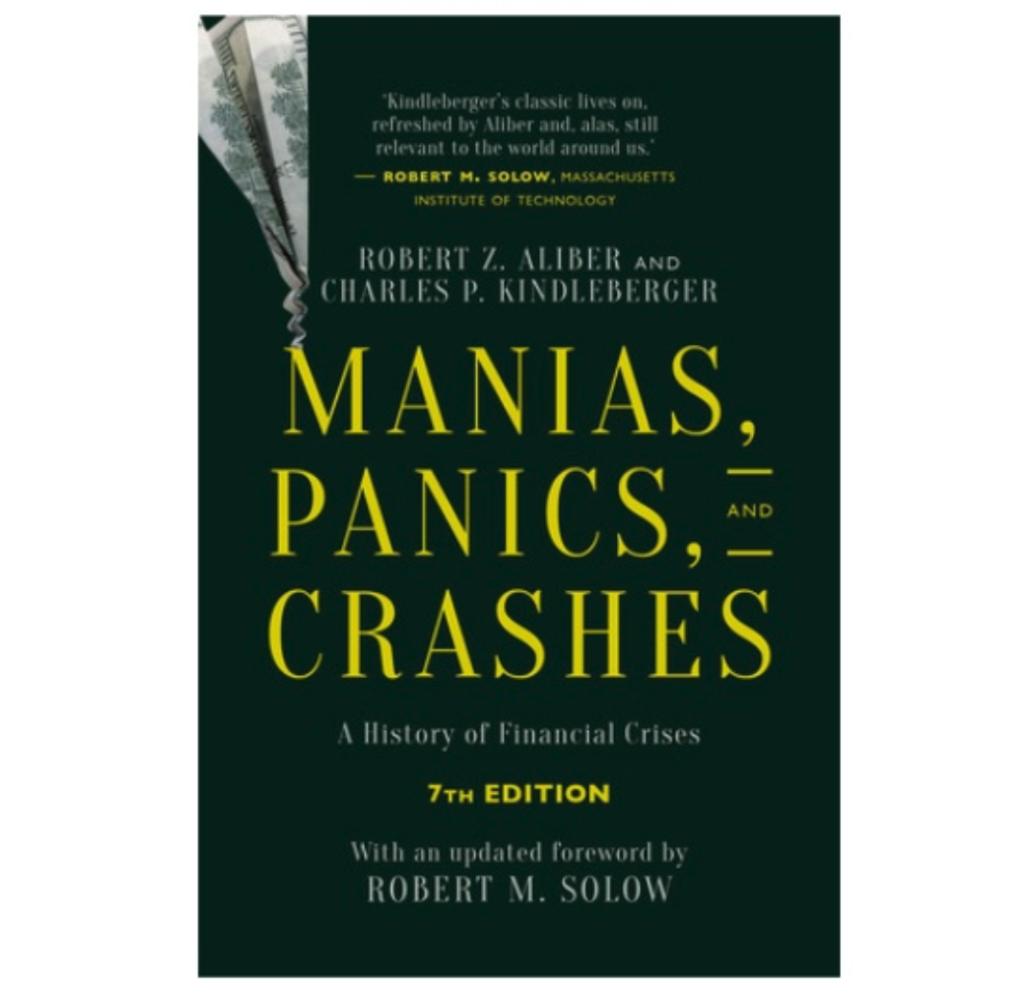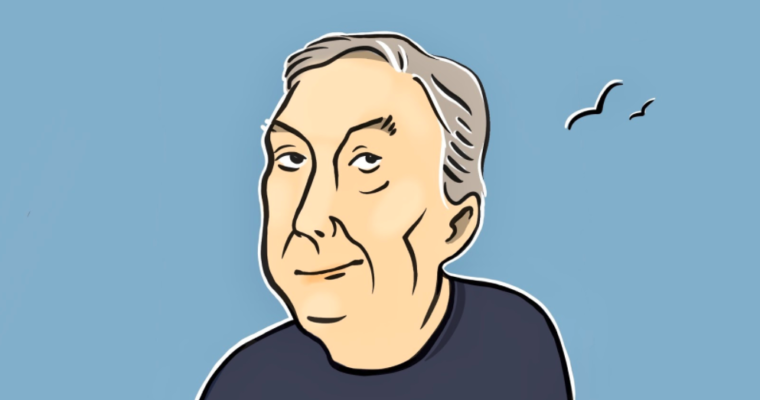Rob Johnson, President of the Institute for New Economic Thinking, is not your average economist. He’s got heart and soul, or if you’ll have it, the blues! With his deep connection to the arts and humanities, Rob leads the new economic thinking not just with a sharp mind, but also with sensibility.
This article is part of an ongoing series in which Rob shares his life experiences, and biggest lessons learned. If you’re an aspiring expert in economics or a related field, this is for you. It might mitigate the depth and duration of your mid-life crisis. Earlier articles in this series can be found here.
Today, we pick up at Rob’s time at MIT, and see what lessons economists might be able to learn from sailors.
2 – Be Humble, Acknowledge Uncertainty, and Don’t Assume A Happy Ending
“MIT was tough. I had weird stuff happen to me there. One day, in a computer lab, I was sitting next to this black guy. He told me he’s working on his Ph.D. in medical engineering. And he’s 20 years old. I’m 19, an undergraduate. He’d been at MIT since he was twelve. He told me he’d bet me that he could multiply two numbers in his head faster than he could type them into an HP calculator. And he was right! I said how do you do that? He said he converts everything to base 2. He transformed the numbers in his mind like this. Not even a scratchpad! I just sat there and figured there’s a lot of people here smarter than me. It was humbling. And invigorating.
So everyone found out real fast that they were not the smartest person in the room. For some people, that was hard, especially for people who were a bit socially awkward, and didn’t have much other than their intellect. They had been a valedictorian at home and an average guy here. So for some time, MIT saw a lot of suicides among freshmen. But then they adapted and made freshman year pass-fail. That gave people a longer runway. More room to explore. But it was humbling to be there nonetheless.
The sea also taught me to be humble. When you go offshore, sailing, you know you don’t know. If you go way offshore like into the arctic ocean, you feel small. And you feel grateful that whatever there’s up there didn’t take your soul. There’s humility. When economists say things are uncertain, they still pretend to know. But when sailing, you can’t pretend. You have to function despite the fear. You do not have the power to extinguish the uncertainty you have to cope with. You can’t escape. There are things you do, of course, that are prudent. You wear life jackets, safety harnesses, you keep the more novice sailors off the deck. You decide who should go on the voyage because of needing competent people in a crisis to keep everybody safe. But at the end of it, you are coping with something that’s more powerful than you are.
So when I went to my first economics classes at MIT, I heard them talk about equilibrium. I raised my hand and, not trying to be a smart-ass, I said “isn’t that like assuming a happy ending?” I knew that the same math worked in engineering. But it doesn’t work that great in economics. We were doing Fourier transformations–looking at things in time and frequency domain. In an engineering lab, you can do that on electrical signals, and it fits like a glove. But if you use that stuff on economics data, it looks like mud. So I thought: what are these people doing? What they are doing is pretending to have certainty when they don’t have it.
For me, having experienced the social turmoil of growing up in Detroit, and knowing the uncertainty of the sea, this was crazy. But the work with Kindleberger resonated. I worked with him on Manias, Panics, and Crashes, which is a historical account of financial crises, and the radical uncertainty that underpin them.
In the end, I got a scholarship to go to Princeton, with Solow and Kindleberger backing me. And they told me the rising star at Princeton was going to be Joseph Stiglitz, and the faculty there was going to be amazing. I had applied to Harvard and Berkeley and all these places, but MIT had told me that if I got into Princeton, I had to go there. So I went to try graduate school…”

Enjoy sound with the story!
This playlist, put together by Rob, captures the spirit of the Sea.

Read along!
Recommended Read:
Charles P. Kindleberger – Manias, Panics, and Crashes: A History of Financial Crises
Subscribe to receive the next article directly to your inbox! And in the mean time, take a look at Rob’s podcast Economics and Beyond, available wherever you get your podcasts.
